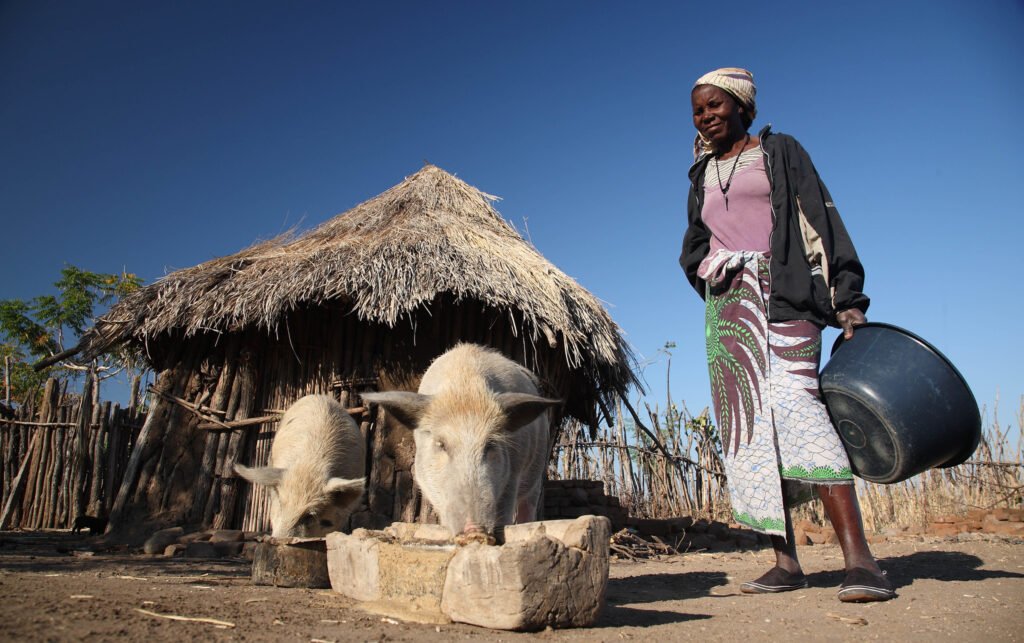By Panagrimedia Correspondent
An international team of scientists has found that a promising African swine fever (ASF) vaccine can protect pigs against some strains of the virus but offers little or no protection against others. The findings point to the need for regionspecific vaccines to tackle one of the world’s most devastating animal diseases.
The research, led by the US Department of Agriculture’s (USDA) Plum Island Animal Disease Center and the International Livestock Research Institute (ILRI), tested a commercial live-attenuated vaccine candidate, ASFV-G-ΔI177L, against several African swine fever virus (ASFV) strains collected from across Africa. Results showed that while the vaccine was highly effective against certain strains, its performance varied widely depending on the virus type.
A global threat to pigs and livelihoods
ASF is a highly contagious and often fatal disease affecting domestic and wild boars, with no global commercially licensed vaccine available. The disease is endemic in many parts of Africa.
In recent years, outbreaks have devastated pig populations in Africa, Asia and Europe, causing severe economic losses, threatening food security, and undermining the livelihoods of communities reliant on pig farming as pork is widely consumed animal protein.
Smallholder farmers in lowand middle-income countries (LMICs), who primarily raise pigs in backyard systems, are heavily affected by ASF. Beyond LMICs, the spread of
ASF poses a major threat to North America. In the United States, the swine industry is a cornerstone of the economy, generating more than USD 27 billion in gross cash receipts in 2023. Similarly, Canada’s pig industry contributed CAD 6.3 billion in 2024, highlighting the region’s significant economic exposure
What the study found
Strong protection – Pigs vaccinated and exposed to the same strain used to make the vaccine stayed healthy, while unvaccinated pigs quickly succumbed to disease. Partial protection – About 80 percent of vaccinated pigs survived when challenged with a genetically different strain isolated in Ghana. No protection – The vaccine failed against several other genetically distinct strains from Malawi, Kenya, South Africa and Uganda, despite triggering strong immune responses.
Rethinking vaccine strategies
The results highlight that the traditional method of classifying ASF viruses by a single gene (p72) is not enough to predict whether a vaccine will work.
Two viruses with identical p72 sequences—Georgia2010 and Pret4—produced very different results in vaccinated pigs.
USDA scientists have developed a new classification method that analyses the virus’s entire set of protein-coding genes, offering a more precise way to match vaccines to regional virus types. “Although much further corroborative experimental work is needed, the classification developed will likely be the only available rational approach for deciding vaccination procedures to control and manage ASFV outbreaks,” said Manuel Borca, a USDA scientist. Anna Lacasta, ILRI Senior Scientist, said the research reinforces the need to rethink ASF vaccine strategies. “A one-size-fits-all solution is unlikely.
We need targeted vaccines aligned with the regional virus biotypes to maximize protection and control outbreaks. There is need to support the development and licensing of vaccines based on circulating ASFV biotypes,” she said. The team recommends continued research into matching vaccines to virus types, as well as exploring new vaccine designs that could provide broader protection against ASF.

